
Pregnancy ordeals
As it is already familiar, pregnancy itself is the cause for some serious hormonal changes. Namely, hormones estrogen and progesterone tend to be produced in much larger amounts during the greatest part of the pregnancy itself. In return, this brings about quite a number of unpredictable effects. One of such, and arguably one least familiar, is known as the gingivitis – an ailment that is responsible for causing the tissue of the gums to become red, and furthermore swollen and prone to bleeding. But the hormones alone are not to be blamed for this condition, which is actually induced by plaque present in just about every person, just in different quantities. The best way to remove it is by regular brushing, flossing and dental cleanings. One important difference that is of vital significance for pregnant women is that in this particular period of their lives, the amount of plaque tends to increase significantly and change some of its properties. As a direct consequence of this, far more dangerous and harmful bacteria occur and bring about inflammations much more severe in nature than the case is.
Frequency rates
When it comes to pregnancy gingivitis, it is known that it affects somewhere in between 60 to 75% of all pregnant women. The nature of the condition, in terms of seriousness, is variable and can range from the mild inflammation all the way to the inflammation accompanied by intensive bleeding and edema. Those even more serious cases require a person to undergo a periodontal surgicalprocedure.
In case a person has noticed any of the above mentioned manifestations, it is of utmost importance to visit a dentist who will do an in-depth teeth cleaning and advise a person in question on further steps to be taken in order for the worst to be avoided. One important fact every pregnant woman needs to be aware of is that, even in spite of diligence and proper home care and for the results to be visible, it is necessary to be patient for a couple of months after pregnancy and childbirth. And this is directly related to the different healing potentials of each pregnant woman, nothing more. One should not worry if it takes extra time for the body toheal. Anotherthing to keep in mind is the use of electric toothbrushes, which have been proven to be far more efficient when it comes to plaque removal than the conventional toothbrushes.


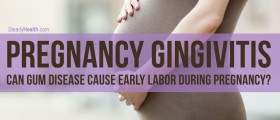
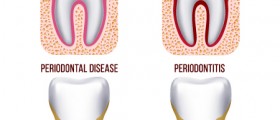
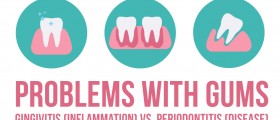
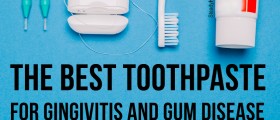
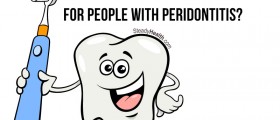
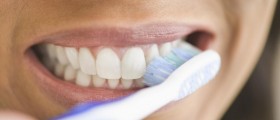
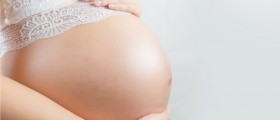
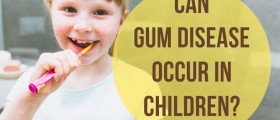
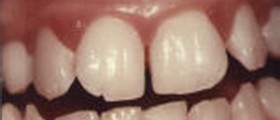

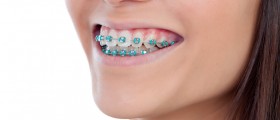
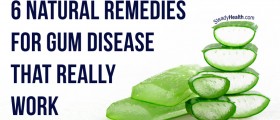
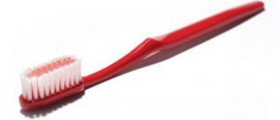

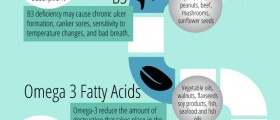
Your thoughts on this
Loading...